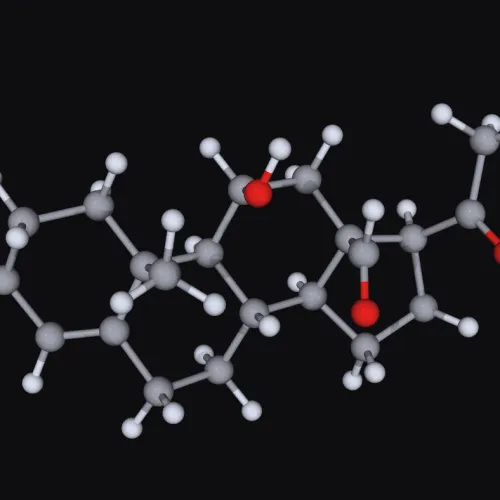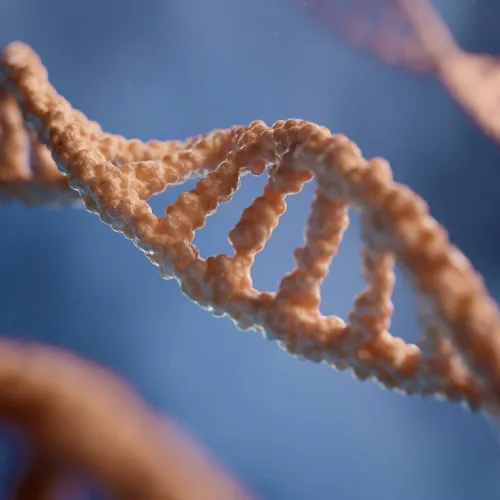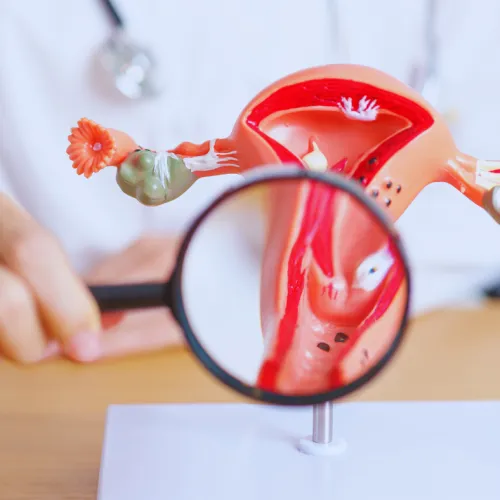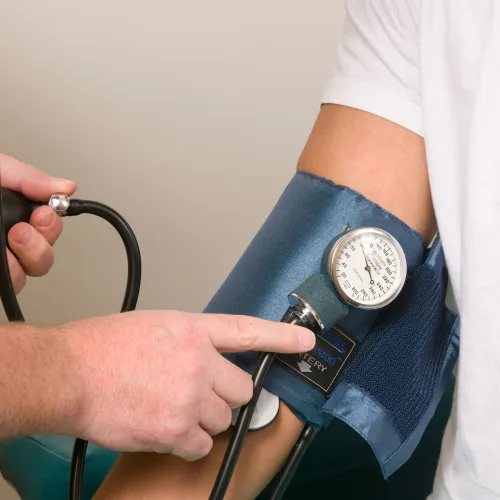The exact cause of fibroids isn't fully understood, but several factors contribute to their growth:
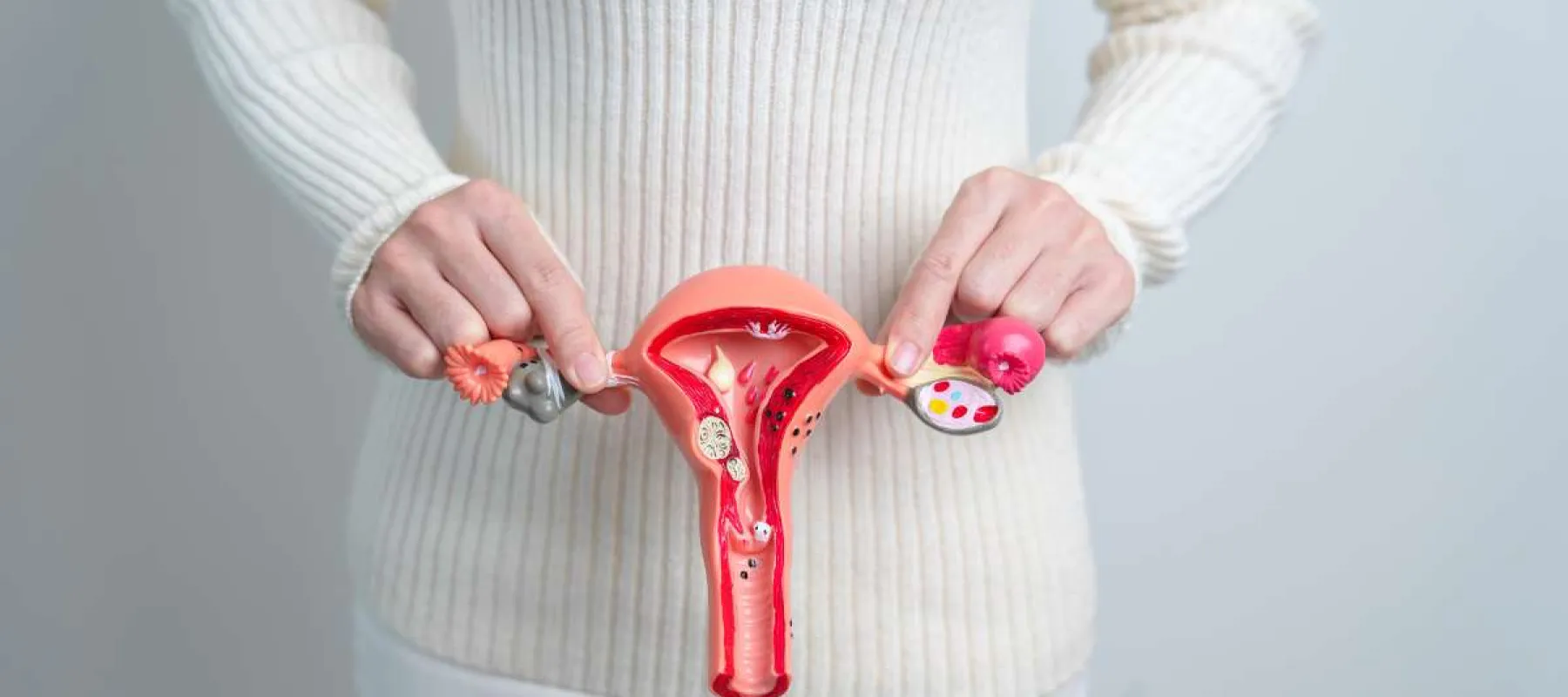
Uterine Fibroid Treatment in Atlanta
Expert Uterine Fibroid Embolization for Heavy Menstrual Bleeding and Pelvic Pain
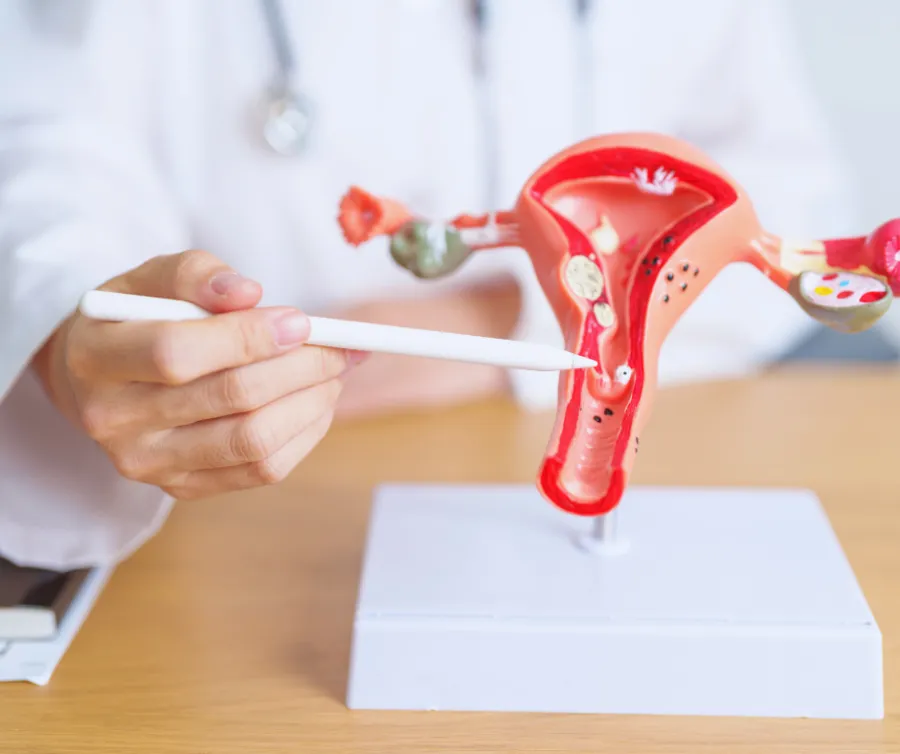
What Are Uterine Fibroids?
Uterine fibroids, also known as leiomyomas or myomas, are
non-cancerous growths that develop in or on the uterus. They vary in size from
tiny nodules to large masses that can distort the shape of the uterus. While fibroids are common and often benign, they can cause significant symptoms
such as heavy bleeding, pelvic pain, and fertility challenges.
At Advanced Vascular & Vein, our board-certified
interventional radiologists specialize in diagnosing and treating fibroids
using Uterine Fibroid Embolization (UFE), a minimally invasive alternative to
surgery.
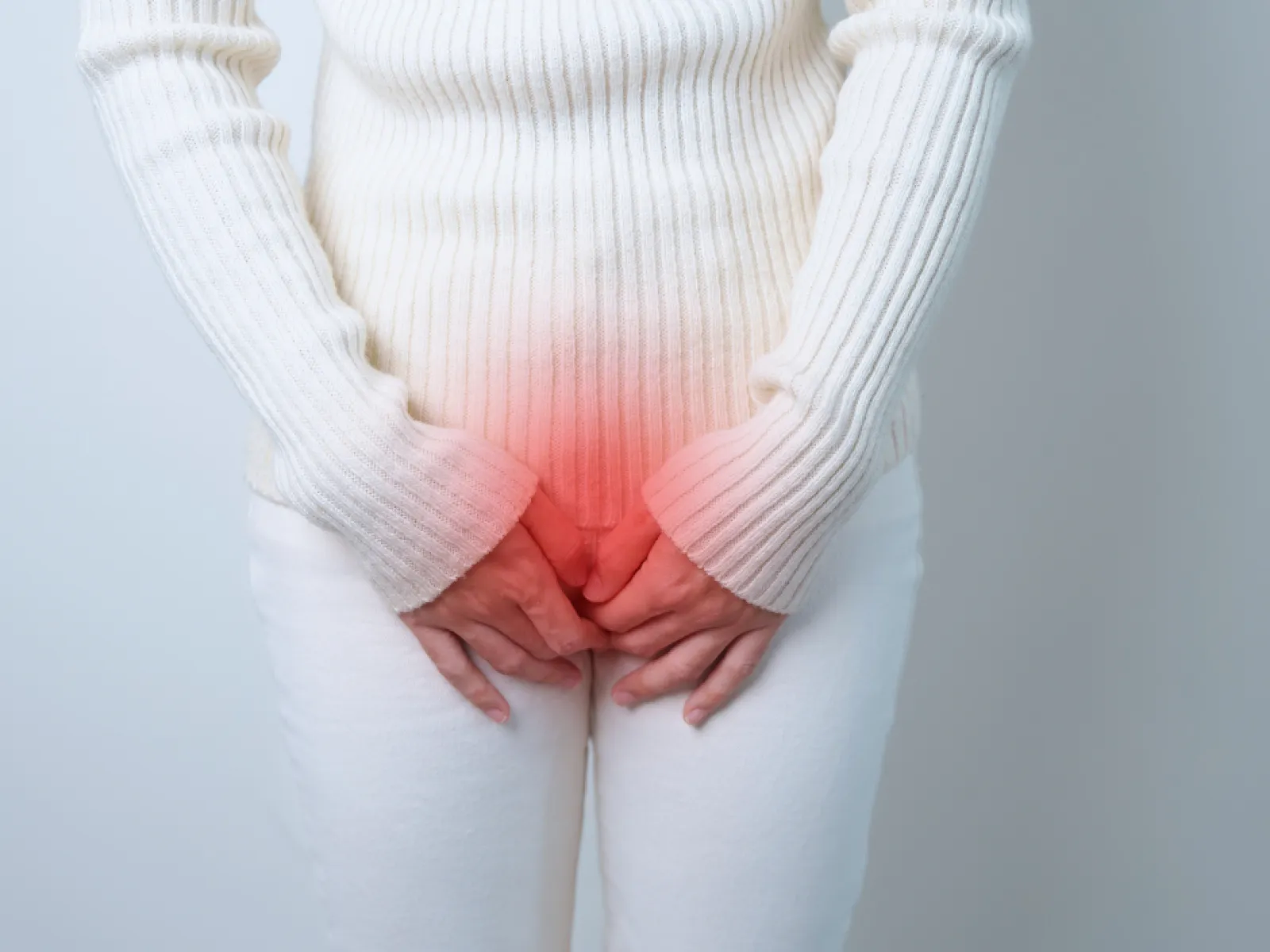
Uterine Fibroids Symptoms
Many women with fibroids experience no symptoms, but for others, fibroids can cause serious discomfort and disrupt daily life. Common symptoms include:
- Heavy or prolonged menstrual bleeding
- Pelvic pain or pressure
- Frequent urination or difficulty emptying the bladder
- Constipation or bloating
- Pain during intercourse
- Low back pain or leg discomfort
- Anemia from excessive blood loss
- Difficulty conceiving or pregnancy complications
If you experience these symptoms, you don't have to live
with them. Advanced Vascular & Vein offers advanced, non-surgical
options that can provide long-term relief.
Minimally Invasive Fibroid Treatments
Uterine Fibroid Embolization (UFE)
Modern interventional radiology offers non-surgical alternatives to hysterectomy for treating uterine fibroids. Unlike laparoscopy or laparoscopic myomectomy, these outpatient procedures are performed through tiny incisions, guided by advanced imaging, allowing faster recovery with minimal discomfort and no surgical scars. UFE is a minimally invasive catheter procedure that blocks the blood supply to fibroids, causing them to shrink naturally and die while preserving the uterus. This same-day procedure performed by our interventional radiologists uses uterine artery embolization (UAE) techniques to reduce fibroids, eliminating heavy menstrual bleeding and pelvic pain without surgery.
Frequently Asked Questions About Uterine Fibroids
Can Uterine Fibroids be Cancerous?
Uterine fibroids are benign tumors and rarely cancerous. Less than 1 in 1,000 fibroids are cancerous, developing into a rare cancer called leiomyosarcoma. The vast majority of fibroids are non-cancerous smooth muscle growths. However, rapidly growing fibroids or those causing severe symptoms should be evaluated by a specialist to rule out malignancy and determine if UFE treatment is appropriate.
Can Uterine Fibroids Cause Weight Gain?
Yes, fibroids can cause weight gain and bloating. Large fibroids can weigh several pounds and cause abdominal swelling or a distended abdomen, making you look pregnant. Additionally, heavy bleeding from fibroids can lead to avoiding physical activity, contributing to actual weight gain.
What Do Uterine Fibroids Look Like?
Fibroids are round or oval-shaped growths that vary dramatically in size, from tiny seedlings to large masses. Small fibroids may be pea-sized, while large fibroids can be as big as a melon. They have a firm, rubbery texture and appear white or pale pink when viewed during surgery. On ultrasound, fibroids look like dark, well-defined masses within or attached to the uterus.
Are Uterine Fibroids Dangerous?
While fibroids themselves aren't life-threatening, fibroid complications can be serious if untreated. Heavy bleeding can cause anemia, leading to fatigue and heart problems. Large fibroids may press on organs, causing kidney issues or blood clots. Rarely, fibroids can affect pregnancy or fertility.
